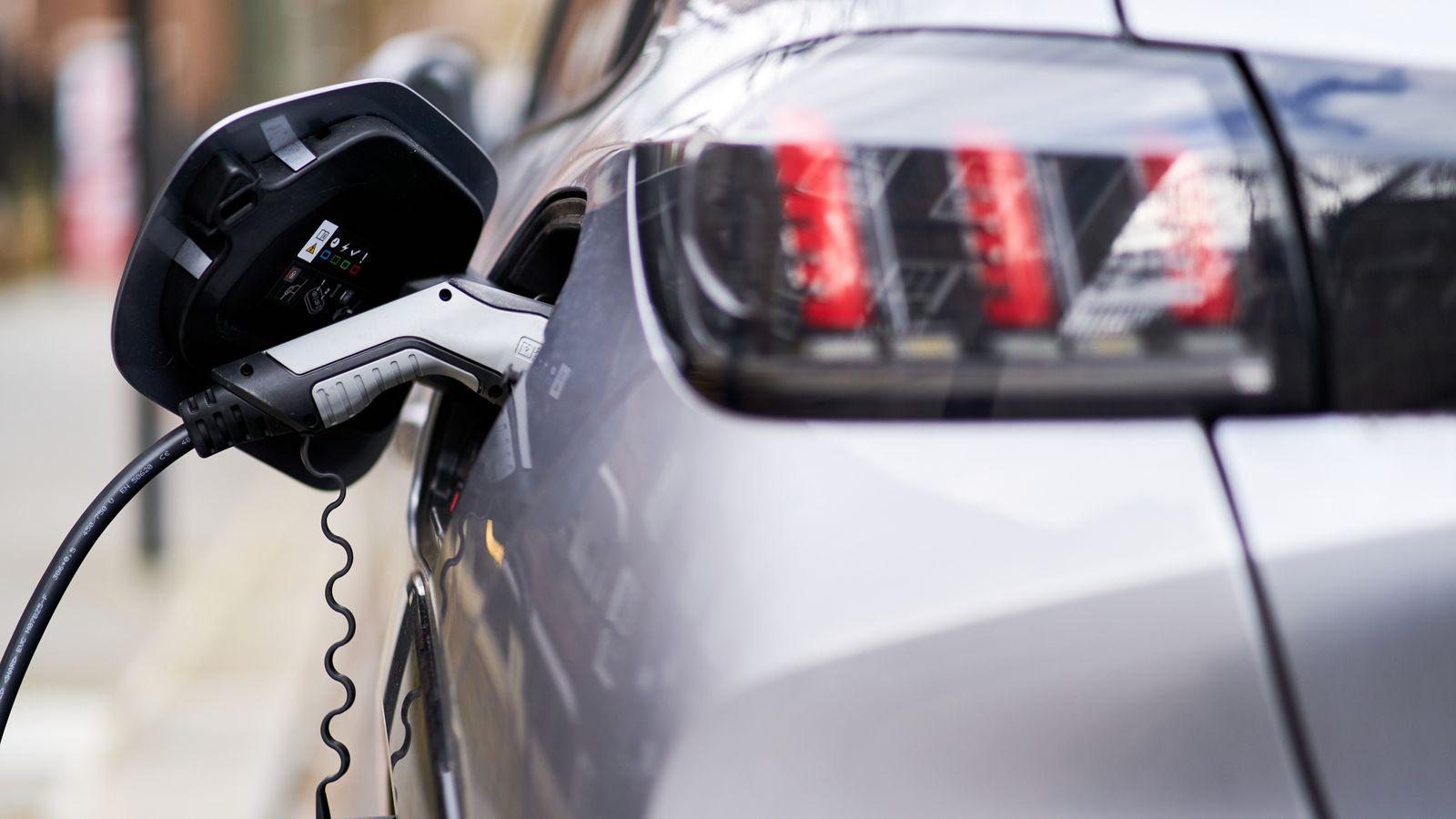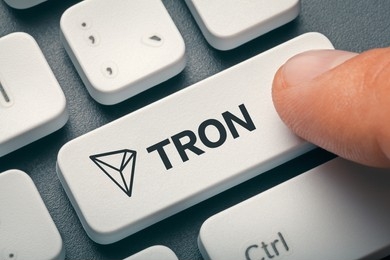Drivers leasing new electric cars are being overcharged by hundreds of pounds each month, it has been claaimed.
Companies have been accused of failing to reflect the strong resale value of cleaner cars when they set their prices, according to clean transport campaign group Transport & Environment (T&E).
The monthly cost is typically based on a vehicle’s expected depreciation over the period of the contract – often three or four years.
But leases for new battery electric vehicles are, on average, 51% more expensive than their petrol counterparts, despite analysis suggesting EVs do not go down in value faster than traditionally-fuelled cars.
For example, an electric VW ID.3, costs around £605 a month, while a petrol VW Golf is offered at £376.
The report found that leasing companies still consider electric cars to be “new and uncertain products”, which is an “outdated” approach.
T&E electric fleets lead Ralph Palmer said: “Customers are being overcharged by leasing companies if they want to switch to an electric car.
Retailers urge PM to overhaul £2bn waste recycling scheme
Therese Coffey suggests people struggling to afford food should ‘work more hours’
The cost of living crisis is triggering a wave of workplace crime – here’s how
“Leasing firms are too conservative when setting their monthly prices.
“Their rates reflect the state of play from five years ago.
“With this pricing strategy, their profits are obviously high and consumers are overpaying to go electric.
“If leasing companies’ prices reflected the realities of the market, more consumers would have access to affordable new EVs (electric vehicles).”
Please use Chrome browser for a more accessible video player
The switch to electric
Sales of new petrol and diesel cars will be banned in the UK from 2030, meaning more consumers are looking to make that first purchase of an EV car in the coming years.
Leasing businesses – such as Lex Autolease, Arval, ALD and Leaseplan – account for a fifth of new car purchases.
A report by the Energy and Climate Intelligence Unit published on Monday said the government’s approach to electric cars means motorists risk missing out on a total of £9bn of savings by 2043 by continuing to run petrol cars.
Last year, it was reported the cost of charging an EV using public charge points on a pay-as-you-go basis has risen by 42% in just four months.








